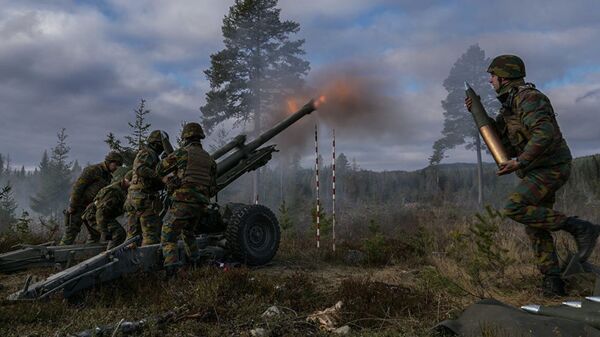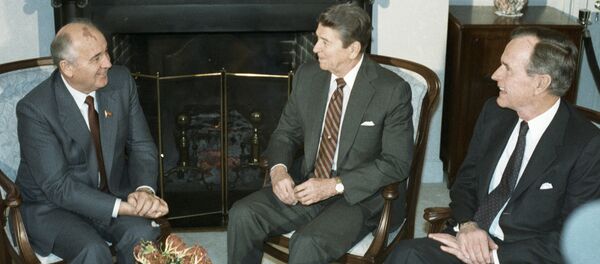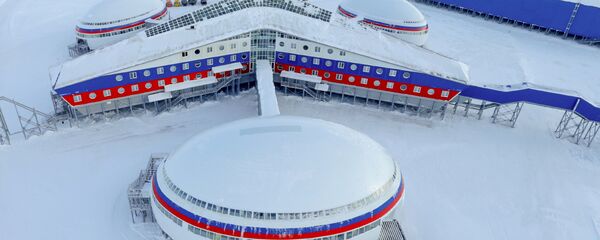Trident Juncture was the largest NATO exercise conducted since the end of the Cold War. "When I was in the States [before the drill started], people asked me, ‘Hey, why'd you do this in October and November? It's pretty nasty and cold in the high north at this time of year,'" said US Navy Adm. James G. Foggo III during a November 30 podcast called "On The Horizon."
"That's exactly why. We wanted to stress the force, and we truly did get some lessons learned out of this. We gave the NATO alliance the opportunity to train with us and to be interoperable, and we demonstrated the global reach of that alliance. If a campaign happened somewhere in the world, NATO has proven that it can move seven equivalent brigades in about 30 days… Overall, I think we exceeded expectations," Foggo said.
Another commander, Vice Adm. Andrew Lewis, offered a different view on Trident Juncture during an event at the Center for Strategic and International Studies (CSIS) in Washington in late November, Business Insider noted.
"We've been operating in the Persian Gulf, where it's like a lake, and it's really hot, whereas now we're operating up off the coast of Norway, where it's blowing a gale, the decks are moving around, the ships are getting beat up, and the people are getting beat up… We're not used to being out on the flight deck for long periods of time where it's really cold," said Lewis, as quoted by BI. Lewis is the new commander of the US Navy's Second Fleet, which was recently reactivated to operate in cold waters.
According to Foggo, "the purpose of this exercise is to deter, to defend and to dialogue with potential adversaries," he noted.
When asked about the outcomes of the dialogue with Russia in relation to Trident Juncture, Foggo responded that, "Russia is a member of the Organization for Security and Cooperation in Europe [and] a treaty called the Vienna Document. In line with that treaty, they're authorized to have observers at large exercises like this. So we invited them to come. They actually sent two observers who were there for the preponderance of the live [fire] period.
"They pretty much saw everything we were doing. I wanted them to see the capability and the capacity of NATO, and I think it was impressive. If I were them, I would take a message home: NATO is strong, don't mess with NATO. "
"At the same time, we've got [US] General [Curtis] Scaparotti, who's had several conversations with the Russian chief of defense. I think that's a good thing — it avoids mistakes and miscalculations."
"One last thing on dialogue — and I think this was brilliant — the secretary-general came for the Distinguished Visitors' Day, and then he returned to Brussels. The following day, NATO convened a meeting of the NATO-Russia Council. [The Russians] have an observer, ambassador and delegation to NATO. They were able to come into the room with the secretary-general and his team of the international staff and the international military staff. They were able to talk about areas in which we agree on, and areas we don't agree on."




